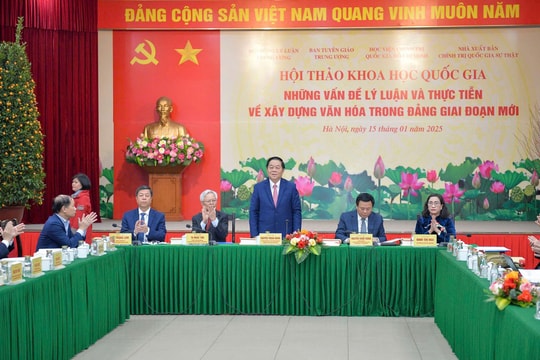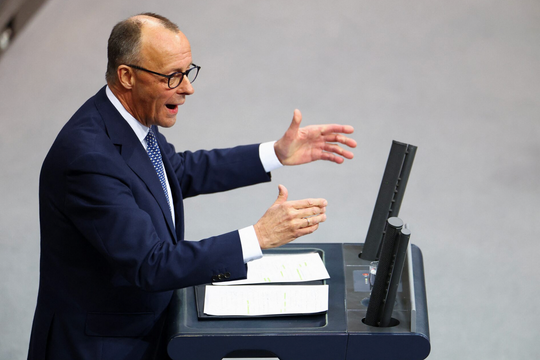Mr. Vu Mao: Poor criticism, fear of confrontation, leading to decline
Criticism and self-criticism are core issues in Party building. However, due to fear of offending and deference, many mistakes by cadres and Party members are slow to be discovered.
Resolution 4 of the 12th Central Committee clearly stated that one of the things that has not been achieved is that criticism and self-criticism are still formal, there is still a state of deference, avoidance, and fear of conflict; some cadres and party members do not voluntarily recognize their shortcomings and responsibilities in the assigned work. Because of deference, avoidance, and fear of conflict, many shortcomings and mistakes of cadres and party members are slow to be discovered.
Sharing his views on this reality, Mr. Vu Mao - former Head of the National Assembly Office emphasized that this is also one of the reasons leading to the degradation in the Party, causing people's trust in the Party to decline.
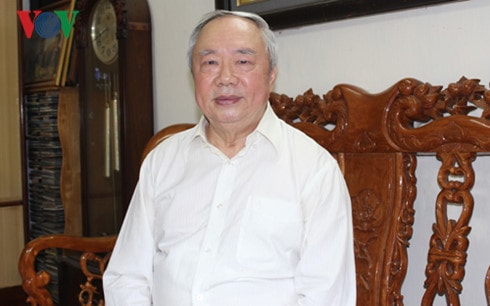 |
| Mr. Vu Mao - former Head of the National Assembly Office |
PV:Since the 4th Central Conference of the 11th tenure, criticism and self-criticism have been emphasized. Why is this still an important content in the Resolution of the 4th Central Conference this time?
Mr. Vu Mao: The issue of criticism and self-criticism is a core issue in Party building work. Our Party has always attached importance to this step. In the past, this step was considered important and done quite well. However, in the past few decades, criticism and self-criticism have not been good. Therefore, the 4th Central Conference of the 11th tenure has deeply analyzed and proposed policies and measures to strengthen criticism and self-criticism, the core issue in Party building.
From the 4th Conference of the 11th Central Committee to the 4th Conference of the 12th Central Committee, this aspect has not changed much. This reality is worth thinking about. Having worked in the grassroots Party cells and Party committees, I have found that criticism and self-criticism in general are weak and deferential. The tendency to be deferential and avoid conflicts seems to be very common, not only at the grassroots level, but also at the central level.
The 4th Central Conference of the 12th tenure continues to propose, analyze and demand, forcing us to have a more innovative approach, hoping to bring about certain results.
In general, our Party building and cadre work currently has many issues that need to be analyzed, evaluated, and supplemented to innovate more strongly and drastically in Party building, especially in criticism and self-criticism. It seems that the revolutionary ideals of a part of cadres and party members today are not as good as before, one of the important reasons stems from the market mechanism we are operating. Although that economy is very necessary, bringing the country forward, its negative side makes people run after profits and personal interests. Without training, people will be severely affected.
PV:Sir, is there any connection between criticism and self-criticism with ideological and moral degradation among cadres and Party members?
Mr. Vu Mao: Poor criticism, shyness, and deference; not daring to courageously criticize one's own shortcomings, leading to degradation. The training of each cadre and party member is poorly affected by the negative side of the market economy, leading to a situation where work must be given envelopes to get things done and resolved. This phenomenon is quite common, causing people's trust in the Party and the State apparatus to decline. This is a very bad phenomenon in our society today.
PV:We still talk about “self-criticism and criticism according to Ho Chi Minh’s thought”, but in agencies and organizations, the implementation of this content is still very formal. Is it because those who criticize and self-criticize are still afraid of the “I am here in this bush” type of thing or is it because the reception of criticism and self-criticism from everyone is not completely positive?
Mr. Vu Mao: To point out one's own shortcomings and those of others, one must fight with oneself. Especially with the shortcomings of superiors, one is even more hesitant, because whether the shortcomings pointed out will be accepted or not, and whether the person giving the advice will be hated, persecuted, and sometimes even threatened.
PV:To use the weapon of self-criticism and criticism within the Party effectively, what do you think needs to be done?
Mr. Vu Mao: It is necessary to combine criticism and self-criticism regularly and have very specific regulations, at the same time there must be inspection and supervision. In state management work, people can see many problems, but in Party activities, for those problems to be raised, it requires the role of the agency head to be decisive and exemplary; to be decisive, one must first be exemplary.
Another important measure is to control power. In fact, most of the negative and corrupt cases in recent times have been investigated and exposed by the press, not discovered within agencies or localities.
PV:Thank you, sir./
According to VOV

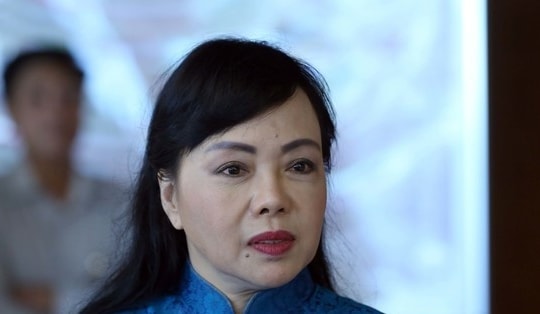
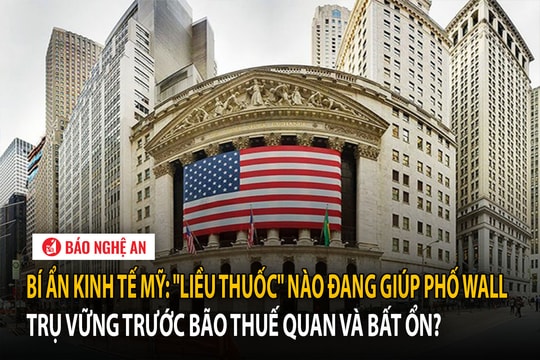

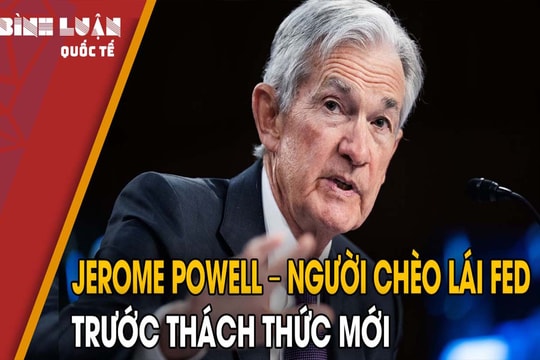
.jpg)
